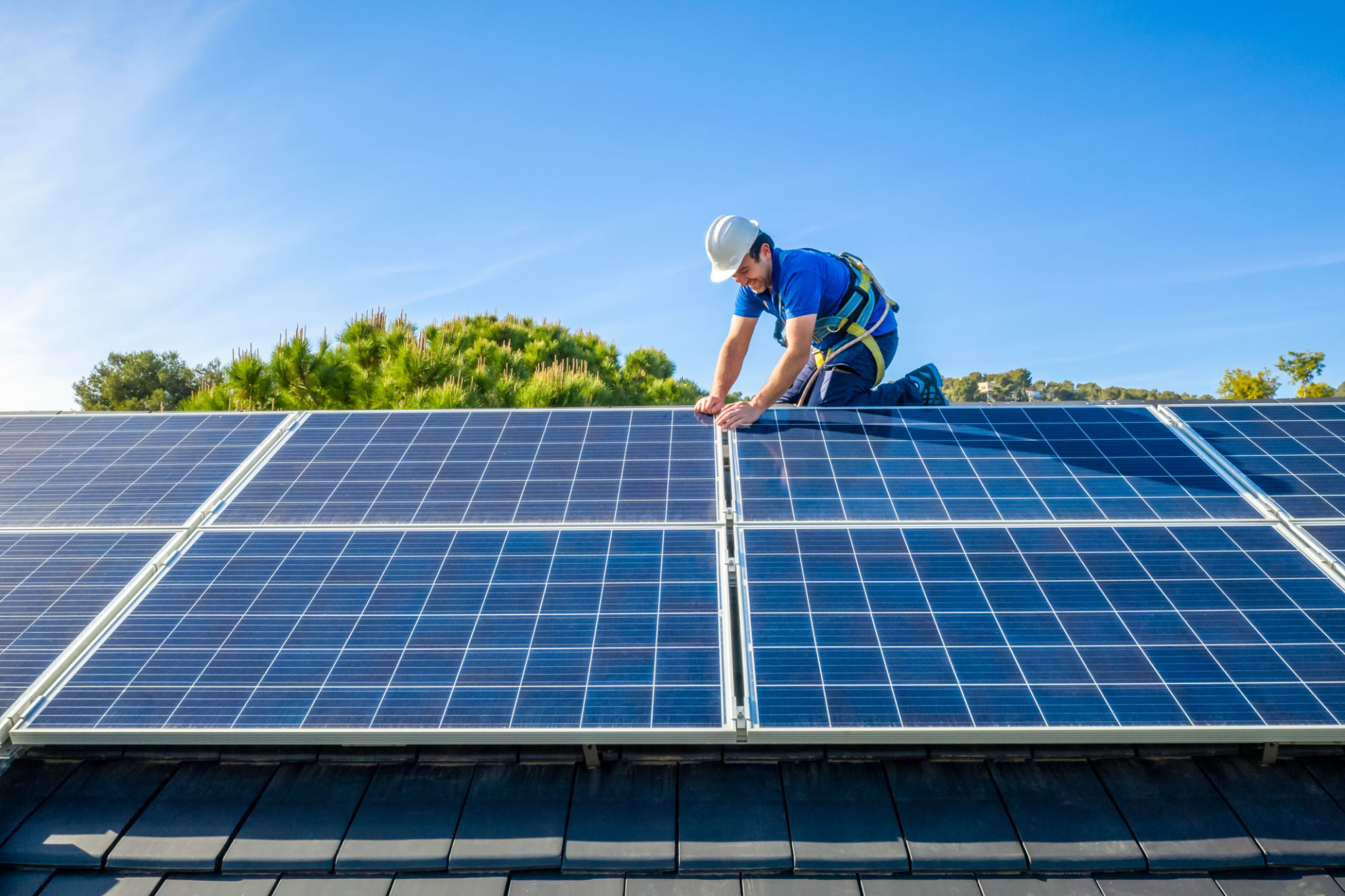The Impact of Seasonal Changes on Solar Energy Efficiency in the UK
Introduction
Solar energy has become an increasingly popular source of renewable energy in the UK. However, its efficiency can be significantly impacted by seasonal changes. Understanding these variations is crucial for maximizing the benefits of solar power systems.
Seasonal Variations in Solar Energy
Throughout the year, the amount of sunlight that reaches solar panels can vary greatly. The UK experiences distinct seasons, each affecting solar energy efficiency differently. These variations are primarily due to changes in the sun's angle, daylight hours, and weather conditions.
Spring and Summer
During spring and summer, the UK benefits from longer daylight hours and more direct sunlight. This results in higher solar energy production. Panels operate at their peak efficiency during these months, with June typically offering the most sunlight.

Autumn and Winter
Autumn and winter present challenges for solar energy efficiency. Shorter days and a lower sun angle reduce the amount of sunlight available. Additionally, cloudy skies and increased precipitation can further diminish the effectiveness of solar panels during these seasons.
Impact of Weather Conditions
Weather conditions play a significant role in determining solar panel performance. Cloud cover, rain, and snow can all lead to reduced energy output. While advanced technology has improved panel efficiency under cloudy conditions, these factors still impact overall performance.

Temperature Effects
Interestingly, while sunny weather boosts solar energy production, excessively high temperatures can actually decrease panel efficiency. Solar panels operate most efficiently at moderate temperatures, which are more common in spring and autumn.
Maximizing Solar Efficiency Year-Round
To counteract seasonal variations and maximize solar efficiency year-round, several strategies can be employed:
- Regular cleaning and maintenance to ensure maximum light absorption.
- Investing in high-quality panels that perform better in low-light conditions.
- Using battery storage systems to harness excess energy during peak production periods for later use.

Conclusion
The impact of seasonal changes on solar energy efficiency in the UK is significant but manageable. By understanding these variations and implementing strategies to mitigate their effects, solar panel owners can continue to enjoy the benefits of renewable energy throughout the year. Staying informed and proactive is key to optimizing solar energy systems in any season.